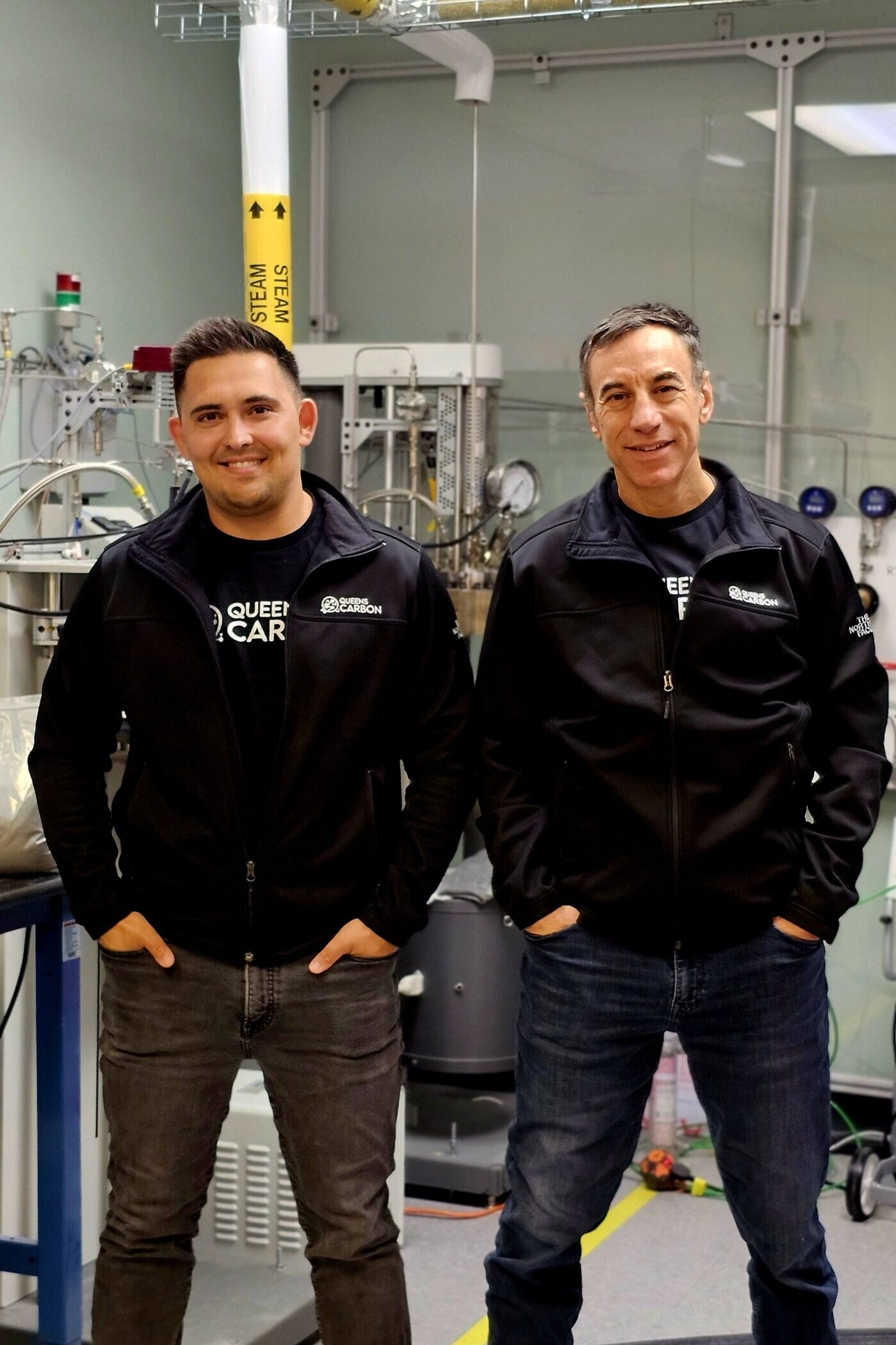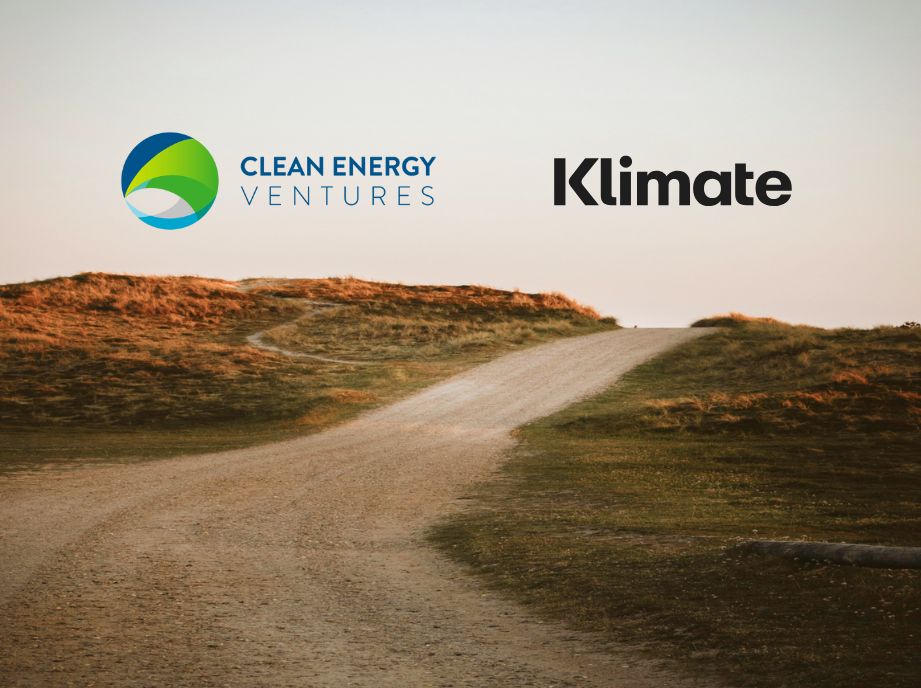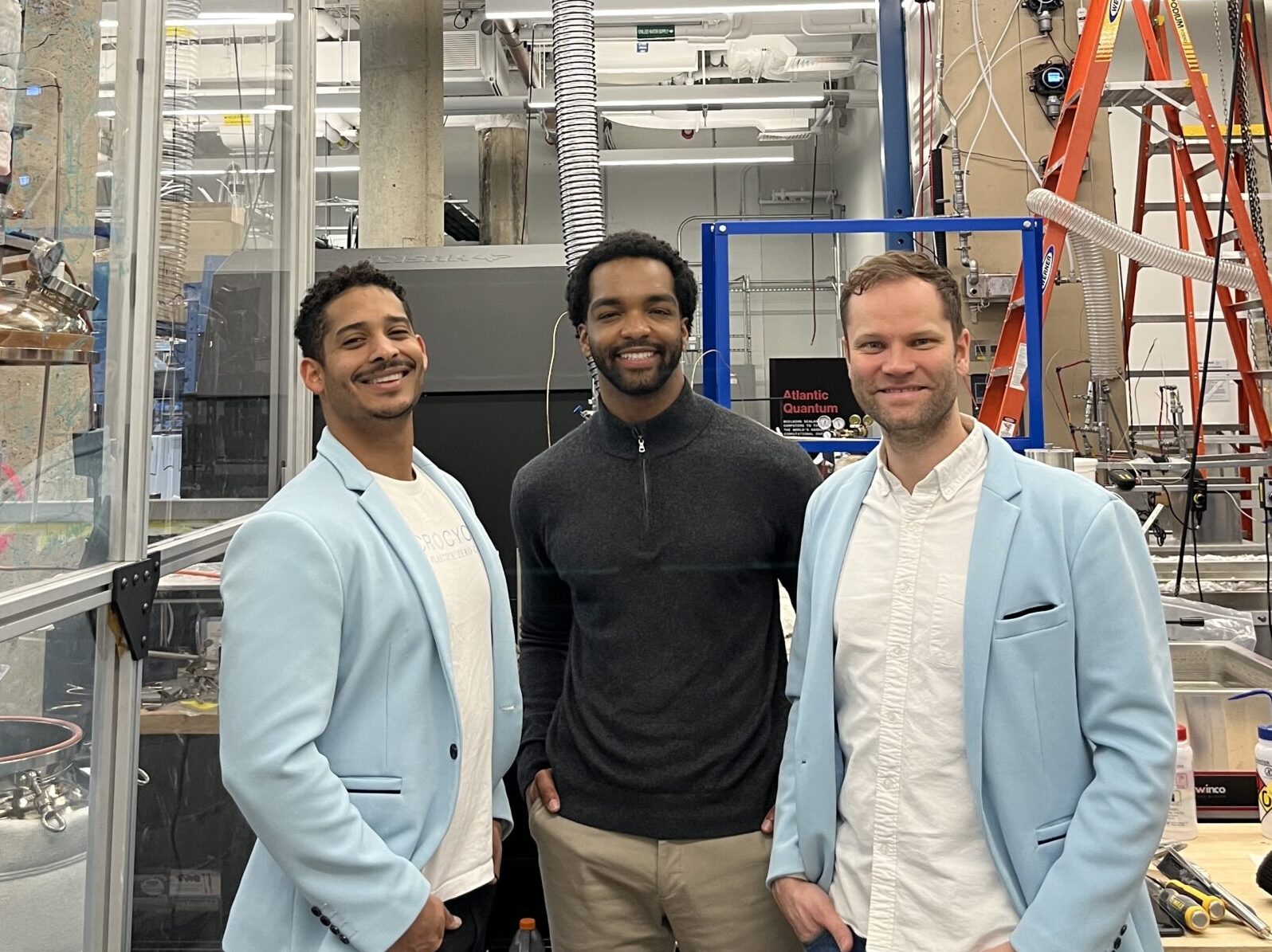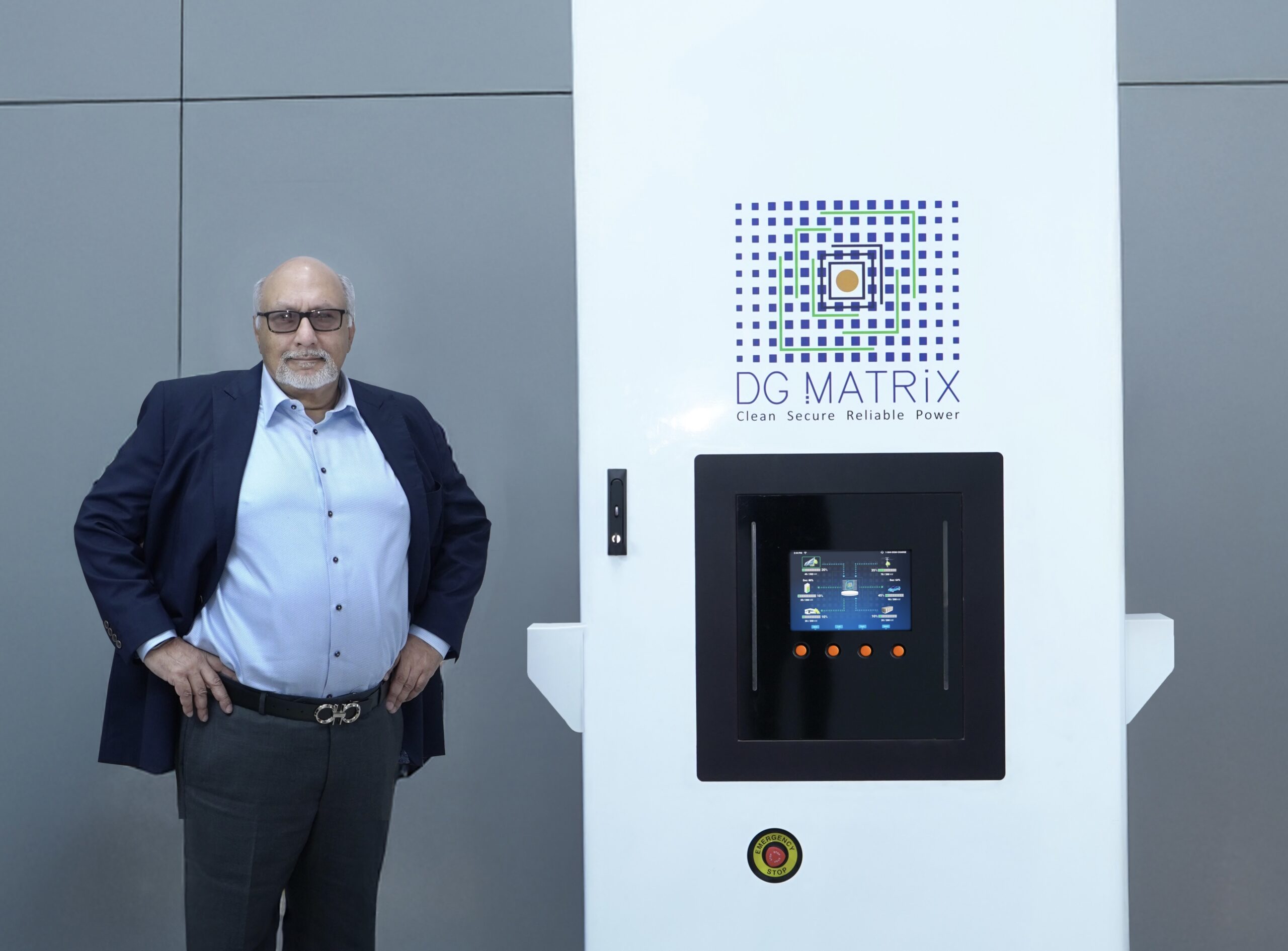Backed by Clean Energy Ventures and Buzzi Unicem USA, Queens Carbon will leverage funding to scale its energy-efficient cement production platform
 Queens Carbon, a developer of next-generation cement technology, announced it has secured $10 million in seed funding to scale its platform for energy-efficient cement and supplementary cementitious materials (SCMs). The round was led by Clean Energy Ventures with participation from Plug and Play and Clean Energy Venture Group. Buzzi Unicem USA, a subsidiary of Buzzi S.p.A., one of the world’s leading cement producers, also joined as a strategic investor and development partner. Queens Carbon plans to leverage the funding and partnership to expand its team and operations, construct a 2,000-ton-per-year demonstration pilot facility, and prepare for a full-scale, first-of-a-kind commercial plant.
Queens Carbon, a developer of next-generation cement technology, announced it has secured $10 million in seed funding to scale its platform for energy-efficient cement and supplementary cementitious materials (SCMs). The round was led by Clean Energy Ventures with participation from Plug and Play and Clean Energy Venture Group. Buzzi Unicem USA, a subsidiary of Buzzi S.p.A., one of the world’s leading cement producers, also joined as a strategic investor and development partner. Queens Carbon plans to leverage the funding and partnership to expand its team and operations, construct a 2,000-ton-per-year demonstration pilot facility, and prepare for a full-scale, first-of-a-kind commercial plant.
While the expansive growth in housing and infrastructure has led to a surge in demand for cement and SCMs, increasingly complex global supply chains are jeopardizing the rapid expansion of American manufacturing. To help cement producers meet the growing demand, Queens Carbon has developed an energy-efficient process to produce cost-competitive carbon-neutral cement supplementary products.
“An important step to securing America’s energy leadership is investing in companies that will broaden domestic manufacturing while reducing energy demand and cost in the most carbon-intensive sectors,” said David Miller, Managing Partner and Co-Founder of Clean Energy Ventures. “Queens Carbon’s technology will not only safeguard the critical supply of cement for infrastructure but open up a new pathway for decarbonized industrial materials.”
Leveraging industry-standard, abundantly available raw materials, Queens Carbon enables cement producers to deliver decarbonized product solutions to their customers without a green premium. The technology is rooted in novel hydrothermal chemistry, leveraging steam and pressure to drive the key chemical reactions at half the temperature required for conventional cement production. The result is a low-energy, ASTM-compliant product and a pathway for producing high-performance cementitious materials.
Queens Carbon’s flagship product is a carbon-neutral SCM that replaces up to 50% of conventional cement in concrete. With a modular manufacturing process, Queens Carbon’s SCM product can be produced on-site at the cement plant, allowing seamless parallel integration with existing cement operations. As part of its product roadmap, Queens Carbon also plans to develop next-generation hydraulic cement to enable low-cost carbon capture and 100% replacement of traditional cement.
“At Buzzi, we know that achieving our goal of net-zero carbon emissions by 2050 demands forward-thinking solutions to enhance both our operations and our environmental performance,” said Luigi Buzzi, Chief Technology Officer of Buzzi. “This pilot with Queens Carbon reflects that commitment—merging breakthrough technology with real-world application. By adopting new approaches and reimagining conventional methods, we’re making meaningful progress on our journey to net zero.”
Queens Carbon plans to leverage the funding to double its team and hire additional systems and process engineers. The company will also move into an expanded facility and support the construction of a 2,000-ton-per-year pilot facility at Buzzi Unicem USA’s Stockertown plant in Pennsylvania – a key step in demonstrating cost-effective, carbon-neutral SCM production at industrial scale.

“Decarbonizing cement at scale while remaining cost-competitive requires first principles thinking, a world-class team, and the right financial and strategic partners,” said Daniel Kopp, CEO of Queens Carbon. “With support from Clean Energy Ventures, Buzzi Unicem USA and the US Department of Energy, we’re building next-generation technology and assembling the creative talent needed to drive industry revenues to move cement innovation forward and significantly reduce CO2 emissions from cement production, all without a green premium.”
This round brings Queens Carbon’s total funding to $30 million, following a $14.5 million grant awarded by ARPA-E in Fall 2024.




